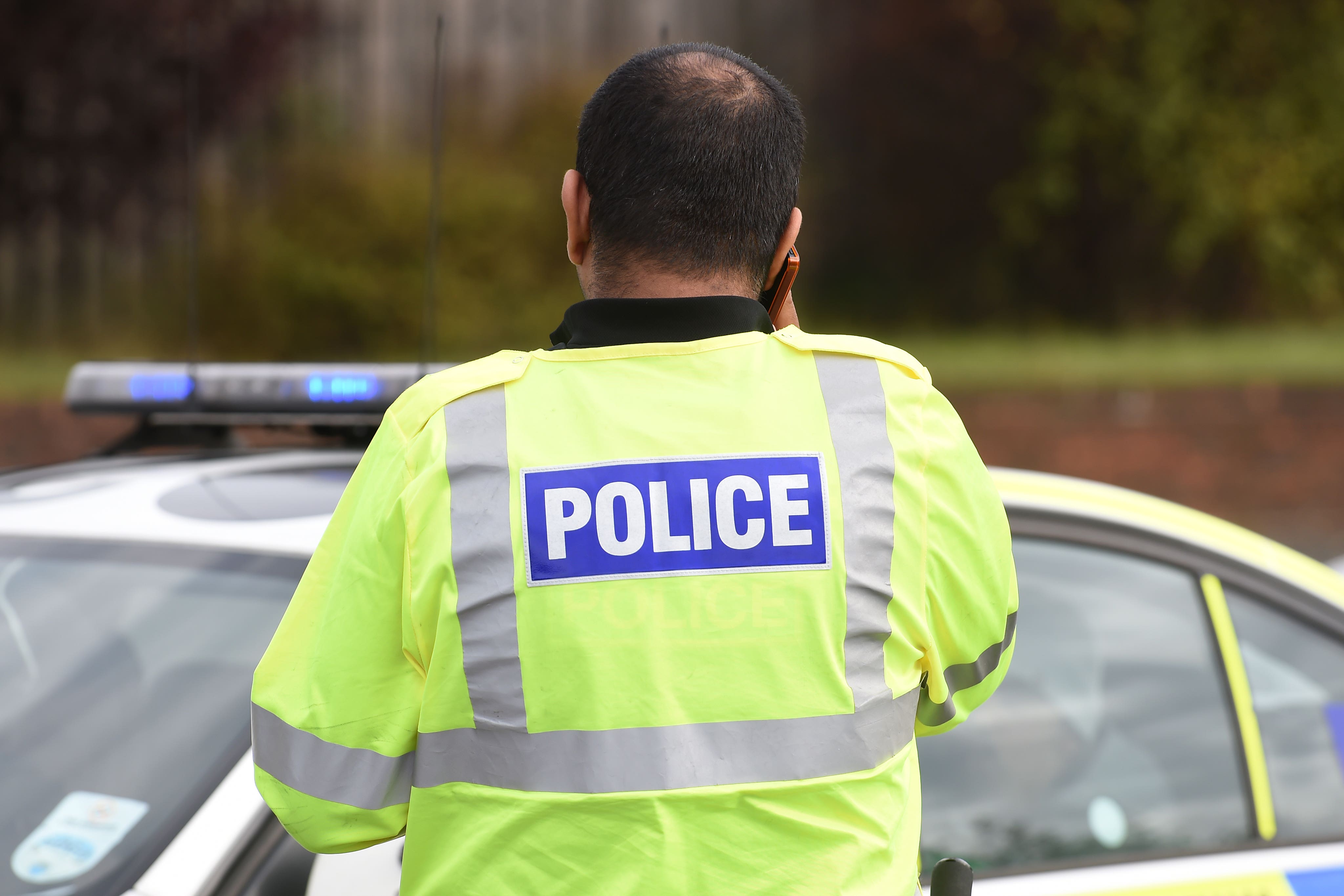Deaths in police custody reach 17-year high, figures reveal
The police watchdog said increases were ‘disappointing’ after 24 deaths in or following police custody – as well as 68 apparent suicides after release

The number of people to die in police custody last year is the highest in almost two decades, new figures have revealed.
The police watchdog found 24 people died either in or following police detention between April 2023 and March this year – the highest figure in 17 years.
Fourteen of them had force used against them by the police before their deaths, annual figures show.
The number of people to die in apparent suicides after being released from police custody also reached a nine-year high, with a further 68 deaths recorded.
The total, which included deaths which took place within two days of being released, surged by 14 from the previous year, when 54 were recorded.

Fatalities following police-related road traffic incidents were also up with 32 deaths from 29 road incidents – up four on the previous year, the Independent Office for Police Conduct (IOPC) found.
Some 24 of those were killed in incidents involving a police chase and victims had an average age of just 25.
IOPC director general Rachel Watson said the increases were “disappointing”, adding: “Each and every death captured by these official statistics is a tragic loss for the families and loved ones involved and can have a profound impact on others.”
She continued: “Not all deaths where police have contact with an individual will be preventable. However, it is disappointing to see increases this year among deaths in or following custody, road traffic fatalities and post-custody apparent suicides.
“It is important that any learning from investigations is acted on and fed into improvements to help police officers better manage risk.”
In 19 of the 24 deaths in or following police custody, the deceased had mental health concerns including depression, anxiety, bipolar disorder, paranoid schizophrenia, personality disorder and self-harm.
One person had been detained under section 136 of the Mental Health Act 1983.
Fifteen people became ill or were identified as being unwell in a police cell. Eleven were taken to hospital where they later died, but four people died in their cells.
This includes a woman who was arrested following a domestic incident. She was provided with drug withdrawal medication and medics said she should be subject to constant observations, but she was later found suffering a seizure in her cell. Despite attempts to revive her, she was pronounced dead at the scene.

“Past figures show mental ill health to be a consistent factor among those who die in or following custody, but it features even more starkly this year, in 19 of the 24 deaths,” the director general added.
“Furthermore, in 48 of the 68 apparent suicides, and in just under half of the 60 other deaths we investigated, mental health was identified as a relevant factor. In 21 of the deaths in or following custody the deceased was known to have a link to alcohol and/or drugs.
“Restraint was used in 14 of the deaths in or following custody cases, although did not necessarily contribute to these deaths.”
She said police need clear guidance that helps officers to de-escalate where possible and only use force where necessary.
“Training needs to ensure officers understand the dangers associated with restraint and can effectively monitor people who are restrained to swiftly identify where medical intervention is needed,” she added.
Deborah Coles, director at INQUEST, said “no-one should die at the hands of police” and called for more investment into health, welfare, drug and alcohol services.
“Inquests and investigations uncover issues of disproportionate use of force, and neglect of people in need of care not custody,” she said. “Yet police continue to fail to enact learning.
“The fact that the majority of these deaths relate to mental ill health and drugs and alcohol reiterate the urgent need for a community health and not a policing response.
“Ultimately to prevent further deaths and harm, we must look beyond policing and redirect resources into community, health, welfare and specialist drug and alcohol services.”
National Police Chiefs’ Council lead for custody, deputy chief constable Nev Kemp, said: “Police custody plays a pivotal role in keeping the public safe and supporting the criminal justice process. It is an exceptionally challenging and high-risk environment where dedicated officers and staff care for some of the most vulnerable and challenging people in society.
“We welcome this report and continue to work closely with a range of partners to help ensure police custody is as safe as possible.”
Bookmark popover
Removed from bookmarks